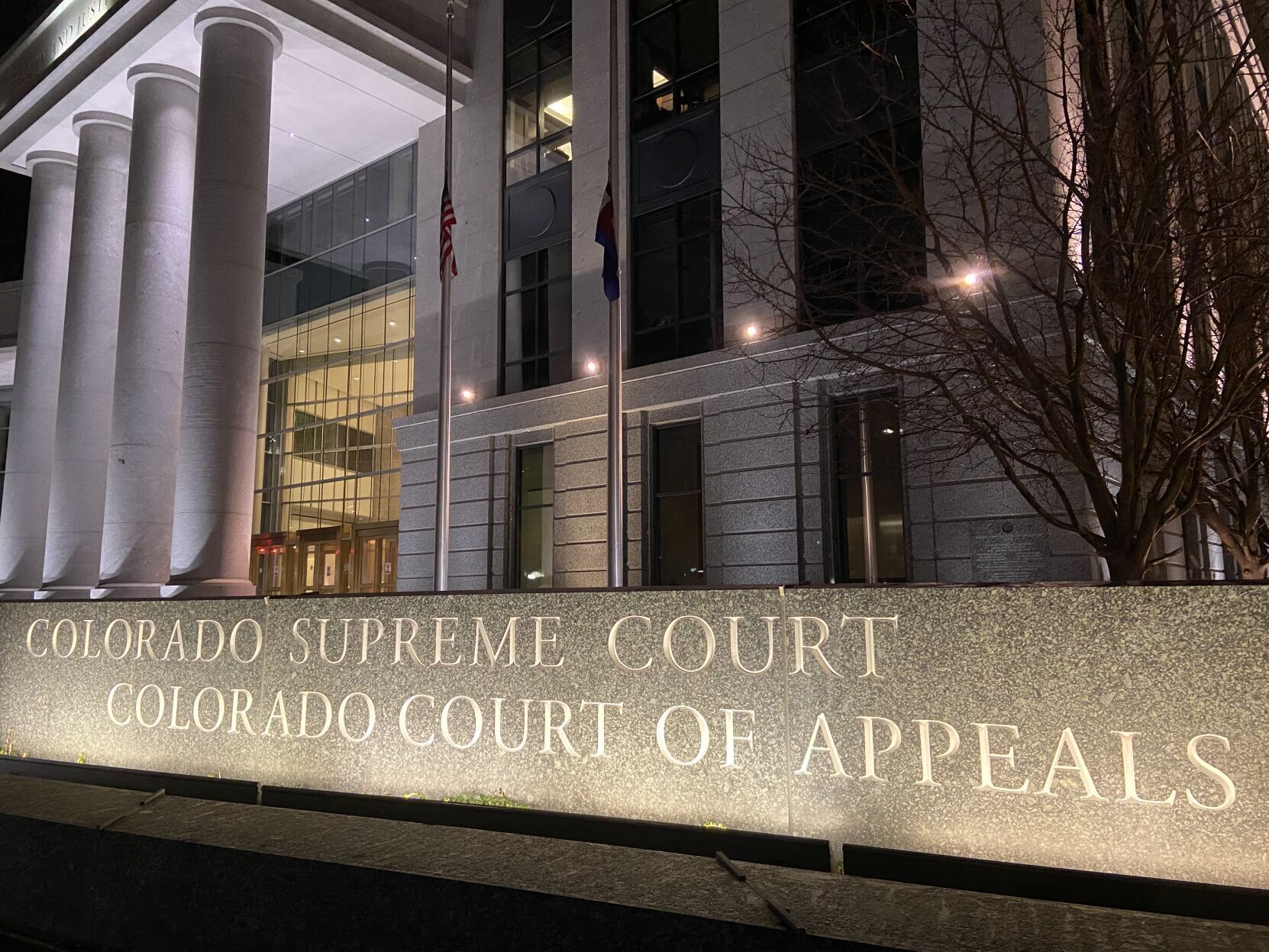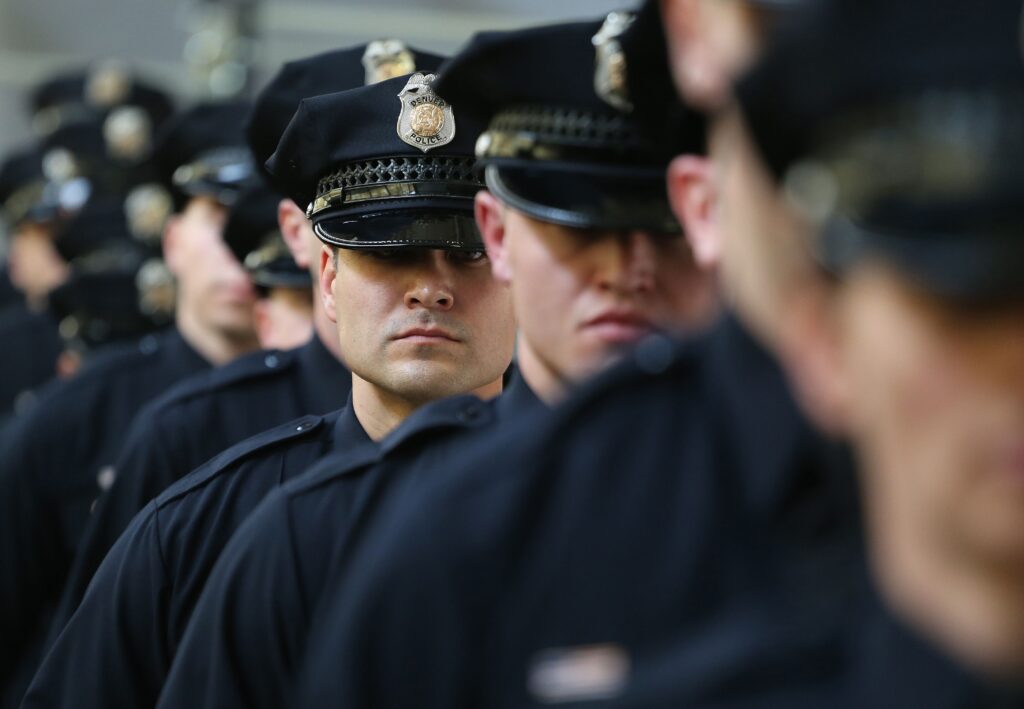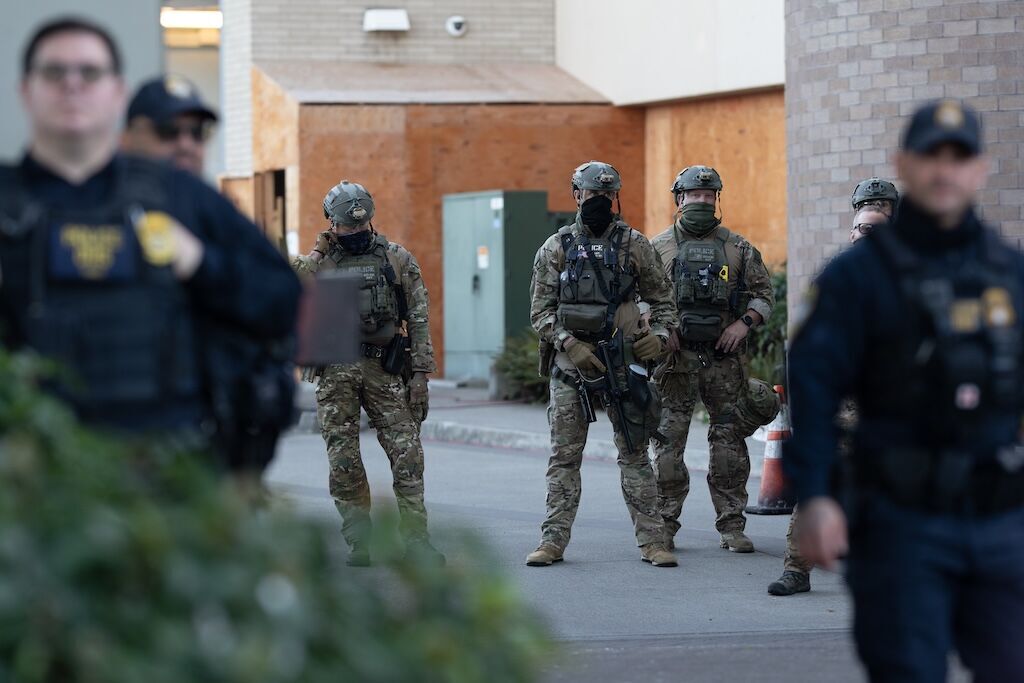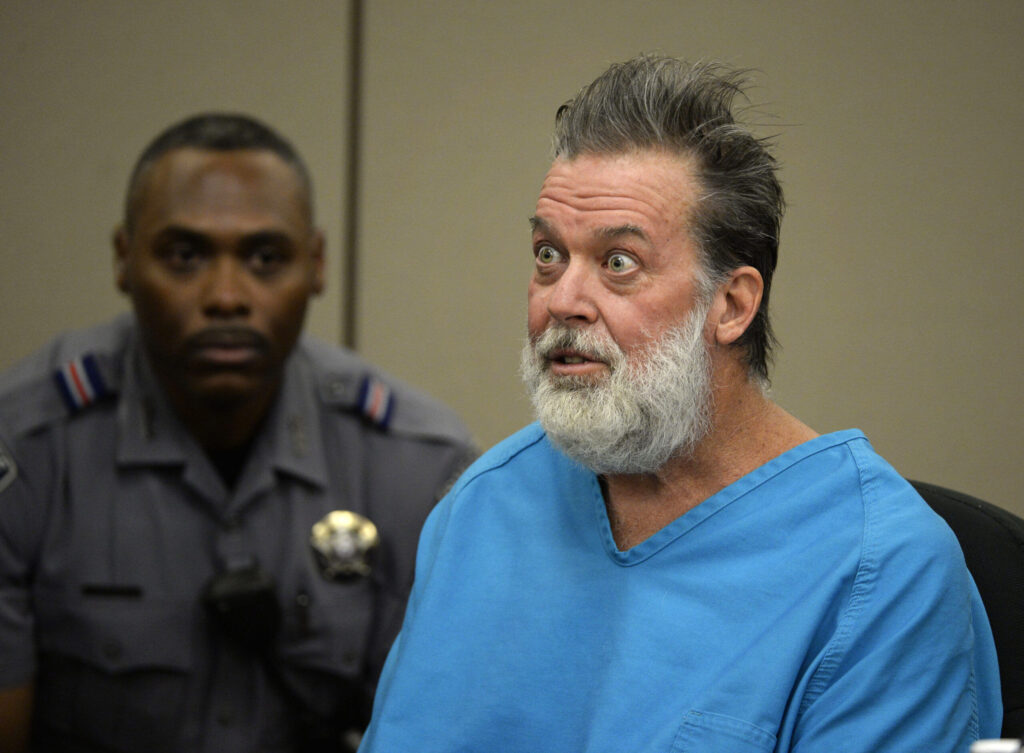Appeals court finds Pueblo judge wrongly withheld officer’s misconduct records

A Pueblo County judge should have released to the defendant his arresting officer’s disciplinary history for dishonesty and poor evidence-handling, Colorado’s second-highest court ruled on Thursday.
District Court Judge Thomas Flesher refused to disclose the officer’s records during the 2020 trial of David Juhl Cox, asserting they were irrelevant and that the officer was “not a very important witness” anyway. A three-judge panel for the Court of Appeals reviewed the files and disagreed on both fronts, ordering Flesher to release the information.
“If the trial court concludes there is a reasonable probability that the result of the trial would have been different, then it must grant Cox a new trial,” wrote Judge Terry Fox in the panel’s April 6 opinion.
Cox is serving a 32-year sentence for assault and motor vehicle theft. Cox stabbed his roommate and fled in the victim’s car for reasons the jury did not hear about. His argument at trial was that he did not commit either offense.
A few months before the trial, the prosecution mistakenly informed Cox’s attorneys that Officer Bernadette Lambert was facing drunk driving charges. Lambert had arrested Cox and she also collected his and the victim’s bloody clothes for evidence. In doing so, she failed to thoroughly document the items and she did not turn on her body-worn camera when required.
The prosecution also claimed there was an internal police investigation. Consequently, Cox requested any employment records of Lambert’s violations of police department rules, legal infractions or misconduct investigations involving her.
Pueblo opposed the release of the information, prompting Flesher to review the files. At the beginning of Cox’s trial, Flesher ruled that he did “not believe that the information that’s been provided is relevant” and Lambert was “frankly, not a very important witness in the context of the allegations.”
Afterward, Cox’s attorney happened to see Lambert speaking with another officer during the trial, in violation of an order sequestering witnesses. Lambert admitted to Flesher that she was talking to the other officer about her handling of the evidence, which amounted to a sequestration violation.
Still, Flesher denied Cox’s renewed request for Lambert’s misconduct history after the incident.
On appeal, Cox argued that Lambert was an important witness. As the only officer who testified about Cox’s arrest and who collected evidence suggesting Cox was guilty, her credibility and ability to follow department policies were an issue.
“Thus, a history of Officer Lambert’s untruthfulness, misconduct, and/or violations of police protocols and procedures would be relevant,” wrote public defender Meredith O’Harris. She also pointed out the U.S. Supreme Court’s decision in Brady v. Maryland requires the disclosure of certain evidence favorable to the defendant.
The Court of Appeals panel found five records that Flesher should have released to the defense: two instances of Lambert’s discipline for making false statements, two instances of violating policies for evidence and property handling, and one use-of-force investigation.
“Because Lambert failed to document her handling of Cox’s clothing (a central piece of evidence against Cox), and because Lambert was the only witness to testify to Cox’s arrest, the relevant records were relevant and material to Cox’s defense,” wrote Fox.
The panel noted the burden is now on Cox to show that had he received the documents before his trial, there is a reasonable likelihood the outcome would have been different. If he is unable to do so in the trial court, his convictions will remain in place.
Lambert told Colorado Politics the internal investigations into her false statements were related to her ex-husband, who was also a Pueblo officer arrested for domestic violence. The Pueblo Police Department denied Colorado Politics’ request for Lambert’s personnel records.
Cox also challenged Flesher’s decision not to impose greater sanctions on the prosecution for Lambert’s violation of the sequestration order. The panel believed Flesher acted reasonably by allowing the defense to question Lambert and the other officer in front of the jury about their improper conversation during the case.
The case is People v. Cox.
Editor’s note: This article has been updated to reflect new information about Bernadette Lambert.













